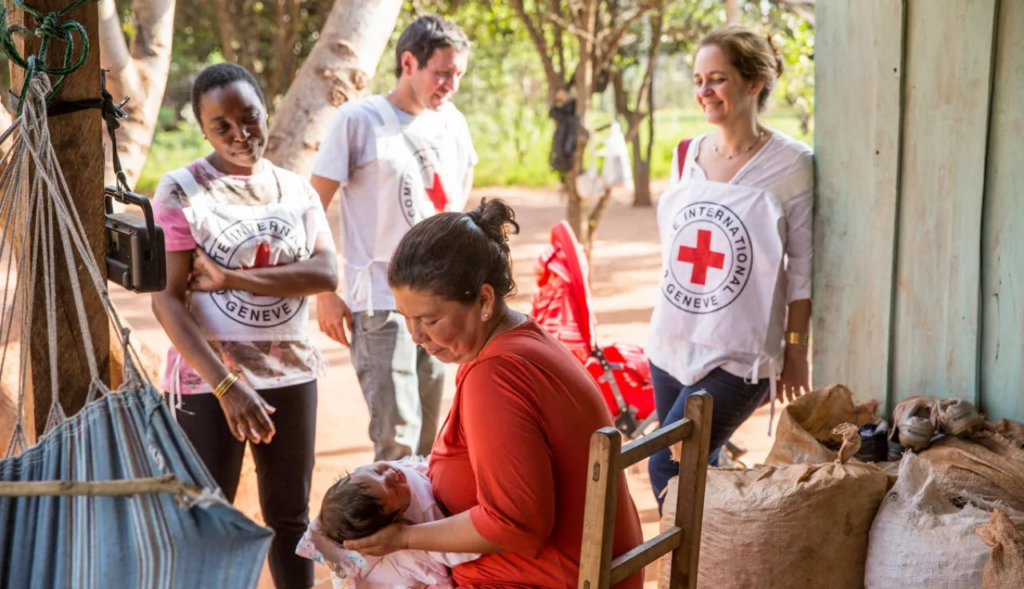18 September 2024

The International Red Cross and Red Crescent Movement is based on seven fundamental principles, one of the most important of which is universality. This principle ensures that all National Societies, regardless of their size or resources, enjoy the same rights and share the same responsibilities in the global humanitarian aid effort. This global network enables effective, coordinated action to be taken throughout the world during humanitarian emergencies.
This universality principle strengthens solidarity, enabling the Movement to act effectively, even in the face of the most complex global challenges. At statutory meetings, all National Societies, large and small, have an equal say in the decisions that shape the future of the Movement. This system enables the Movement to remain neutral and impartial, while ensuring universal humanitarian coverage.
With a presence in almost every country in the world, the International Red Cross and Red Crescent Movement, with its 191 National Societies, is a perfect illustration of the principle of universality. National Societies must not only help each other in times of crisis, but also participate in each other’s development.
Beyond mutual aid, the universality of the Red Cross extends to its mission of raising awareness and promoting international humanitarian law, in particular the Geneva Conventions. This commitment reflects the very essence of the Red Cross: to prevent and alleviate human suffering without distinction, regardless of national or ideological particularities.
Universality enables the Movement to remain neutral and impartial while maintaining its freedom of action to serve those who need it most, wherever they may be. This system enables the Movement to remain neutral and impartial, while ensuring universal humanitarian coverage.
Would you like to know more about the values of the Red Cross? Discover our principles